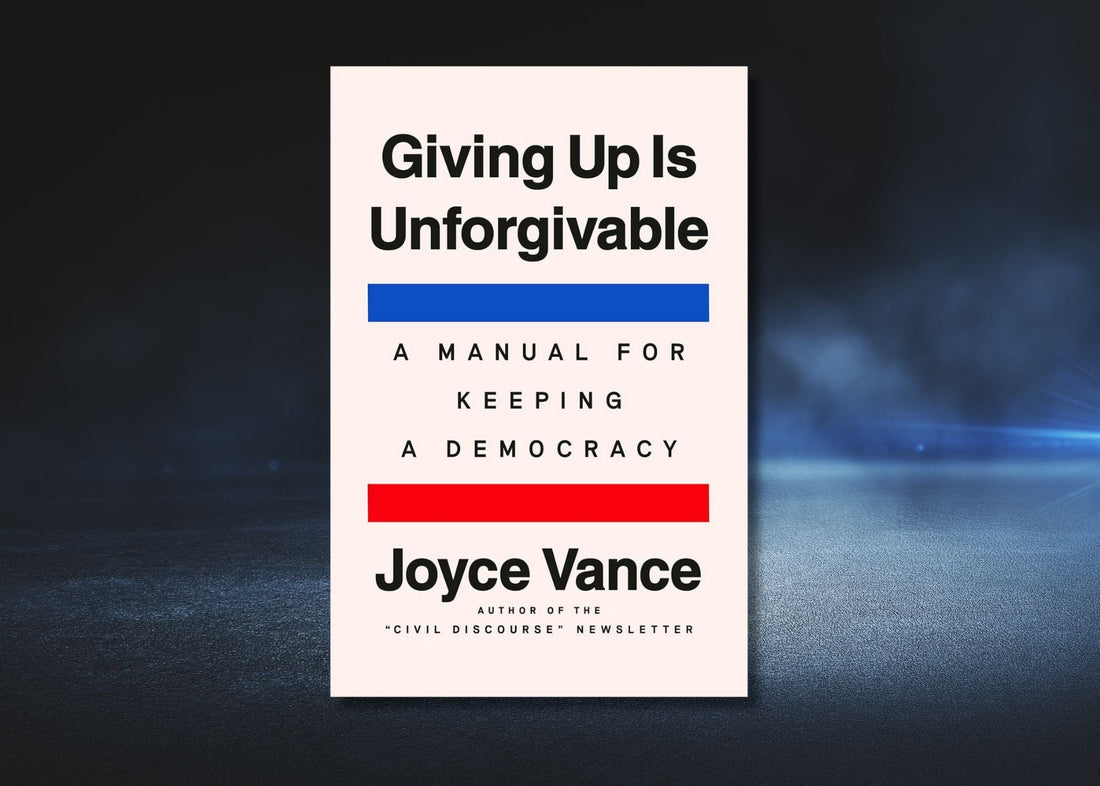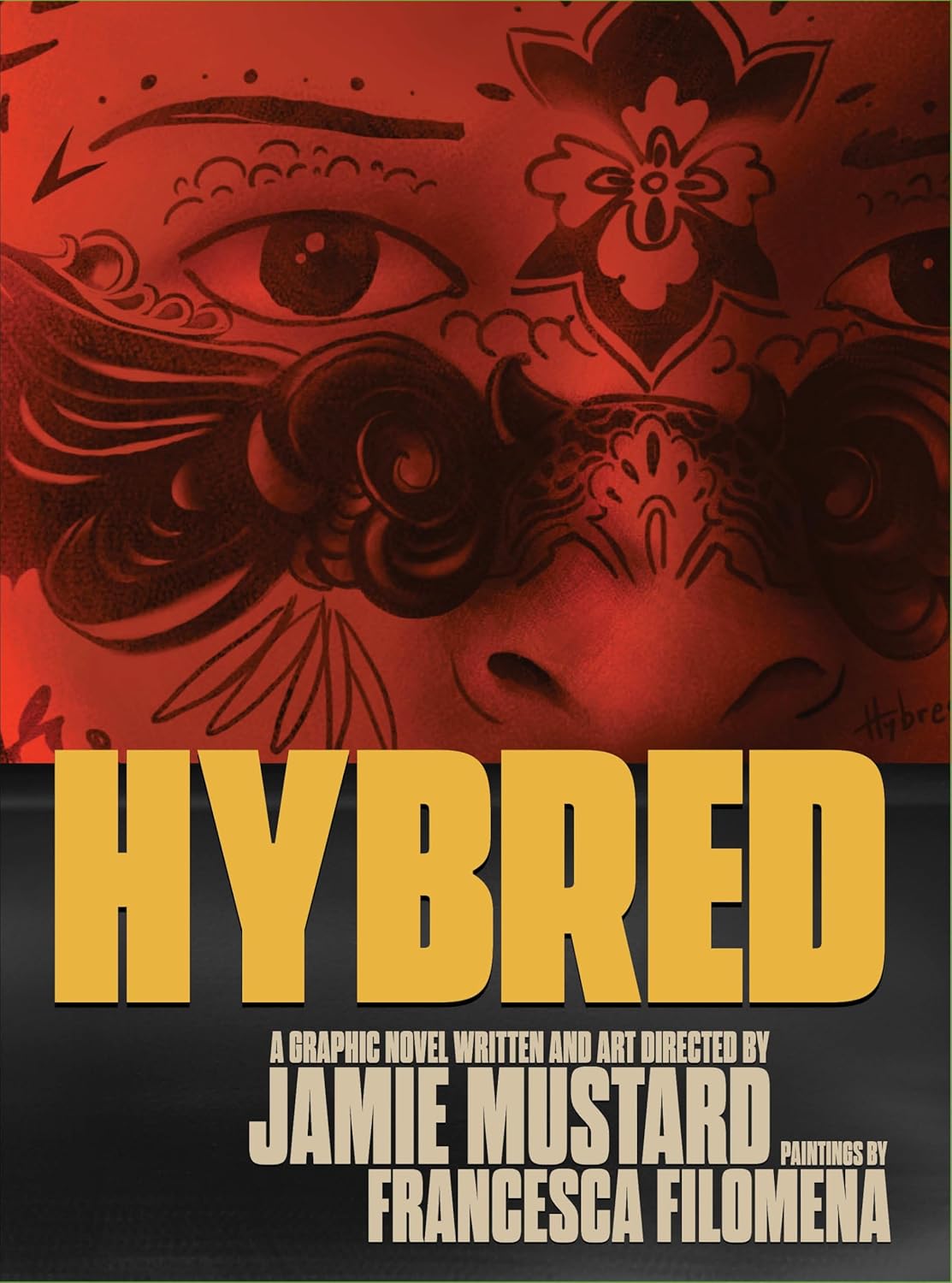
Your Role in Democracy Is Bigger Than You Think: 4 Key Lessons on Citizen Action
Share
In an era of political friction and uncertainty, it's easy to feel a sense of powerlessness. The headlines can feel overwhelming, and the challenges facing democratic institutions can seem too large for any one person to influence. This can lead to a state of anxiety or, worse, a slide into cynicism and despair.
A new book, "Defending Democracy: Vigilance and Action" by Vance, offers a powerful antidote. Praised for its clear and accessible writing, the book distinguishes itself by blending history, legal analysis, and practical advice into a substantive guide for our times. While its focus is U.S.-centered, its core message is universal. Rather than simply diagnosing problems, Vance provides a framework that bridges theory and practice, offering actionable steps for anyone committed to preserving democratic principles.
This post shares four of the most impactful takeaways from the book—ideas that challenge common assumptions and reframe the role of the ordinary citizen in the health of a democracy.
1. It's Not Just About Following Laws—It's About Protecting Norms
Vance argues that while the rule of law is foundational, the most insidious threats often begin with the erosion of democratic norms—the unwritten rules, constitutional guardrails, and respect for institutional boundaries that allow a political system to function with stability and fairness. Think of the peaceful transfer of power—it's a tradition rooted in norms of accepting election results, long before any legal challenges are mounted. When that norm is challenged, the system is stressed even if no laws have been broken yet.
This is a critical distinction because norms can be bent and broken long before any law is technically violated. When checks and balances are undermined or the judiciary is subverted through political pressure, the foundation of the system weakens. This makes vigilance not just a civic virtue but an essential defensive measure.
If the erosion of these unwritten norms is the primary threat, it follows that the primary defenders cannot be the institutions alone.
2. The Most Important Job in a Democracy Isn't President—It's Citizen
At the heart of Vance's message is a direct and empowering call to action. She insists that the responsibility for preserving democracy does not belong to a small group of elites, judges, or politicians. Instead, it is the moral and pragmatic duty of ordinary people.
According to Vance, the preservation of democracy is not a passive inheritance but an active responsibility that falls on every citizen.
This responsibility is not abstract; it is expressed through concrete and accessible actions. Vance encourages citizens to engage in tangible ways that, collectively, create a powerful force for democratic stability. These actions include:
• Voting and ensuring others have the ability to do so.
• Engaging in local civic life, such as at school board or city council meetings.
• Holding conversations with people across political differences.
• Consistently holding elected officials accountable for their actions.
• Running for office, if possible, to bring new voices into the system.
What's powerful here is the shift in scale—Vance democratizes democracy itself, arguing that its fate is decided not just in Washington, but at a city council meeting or in a conversation between neighbors. But this level of engagement demands incredible stamina, a reality Vance addresses head-on.
3. Avoiding Burnout Isn't Selfish—It's a Political Strategy
Vance directly acknowledges a reality of civic engagement: it is exhausting. The work of staying informed, advocating for change, and resisting democratic decline can lead to burnout. In a surprising but vital turn, she argues that sustaining ourselves is a crucial part of the work itself.
Resisting despair, building community with like-minded people, and taking steps to avoid exhaustion are not distractions from the "real work." They are political strategies that ensure the movement to protect democratic institutions is sustainable for the long term. This is a radical and necessary reframing in political movements that too often valorize burnout as a badge of honor.
Sustaining this work requires more than just rest; it demands a resilient mindset.
4. Hope Isn't Naive; It's a Necessary Tool for Change
Throughout the book, Vance maintains a tone that is "cautiously optimistic." She does not downplay the severity of the crisis facing democracy. However, she argues powerfully that while the situation is severe, it is not fatal. The outcome is not predetermined.
This perspective directly counters the cynicism that can lead to inaction. For Vance, hope is not a passive feeling but an active choice—a belief in our collective agency to shape the future. The democratic system can be rescued and strengthened if enough people refuse to give up and choose to engage. This belief in the possibility of a better outcome is the necessary fuel for the hard work ahead.
The central message of "Defending Democracy" is that the system's resilience depends on a chain of citizen action. It begins when citizens understand their duty to protect unwritten norms. It is carried out when they embrace their role as the most important actors in the democratic process. This vital work can only be sustained by rejecting burnout as a measure of commitment and is ultimately fueled by the conscious choice to remain hopeful.
What is one small step you can take this week to engage in the vital work of defending democracy?
Get your copy here

